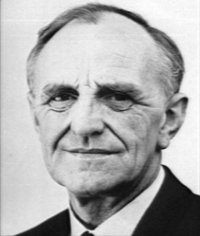A Quote by Samuel Taylor Coleridge
I have found words [in the Bible] for my inmost thoughts, songs for my joy, utterances for my hidden griefs, and pleadings for my shame and my feebleness.
Related Quotes
The purpose of life is joy! When you're in joy, you attract the highest and best in every area of your life. Joy increases to the exact degree that you deliberately increase your good thoughts, good words, and good actions. I've found in my life that the easiest way to increase my joy is to religiously practice gratitude until I'm a gratitude machine!
Imagine hidden in a simpler exterior a secret receptacle wherein the most precious treasure is deposited - there is a spring which has to be pressed, but the spring is hidden, and the pressure must have a certain strength, so that an accidental pressure would not be sufficient. So likewise is the hope of eternity hidden in man's inmost parts, and affliction is the pressure. When it presses the hidden spring, and strongly enough, then the contents appear in all their glory.
Words are merely utterances: noises that stand for feelings, thoughts, and experience. They are symbols. Signs. Insignias. They are not Truth. They are not the real thing. In fact, you place so little value on experience that when what your experience of God differs from what you've heard of God, you automatically discard the experience and own the words, when it should be just the other way around.
I discovered that when I believed my thoughts, I suffered, but that when I didn’t believe them, I didn’t suffer, and that this is true for every human being. Freedom is as simple as that. I found that suffering is optional. I found a joy within me that has never disappeared, not for a single moment.





































